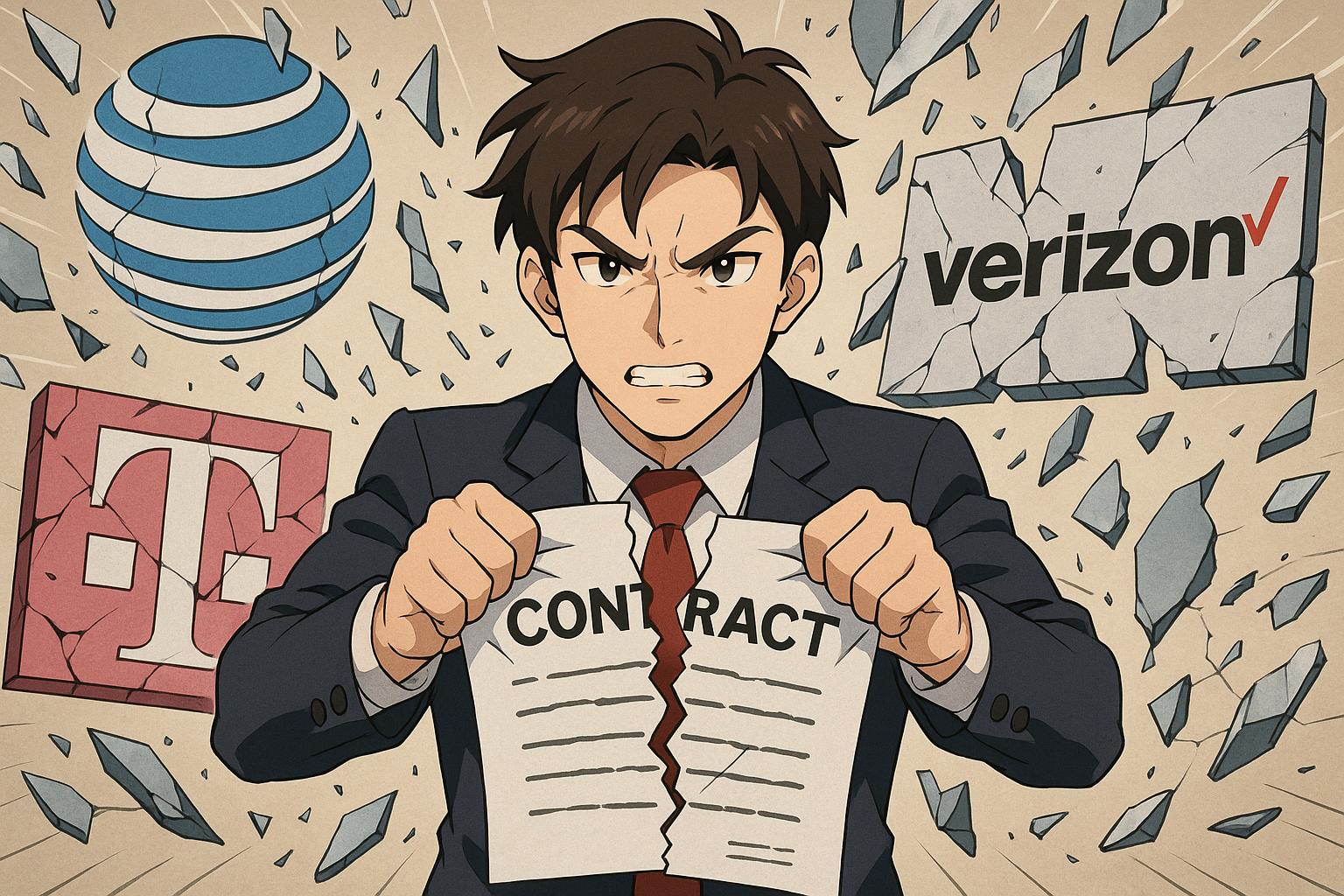Talks aimed at settling a £120 million legal claim involving Vodafone and more than 60 of its franchise operators have concluded without resolution, propelling the case toward the High Court. The claim, initiated in December, centres on accusations against Vodafone for "unjustly enriching" itself through severe cost-cutting measures as the UK began to emerge from the initial restrictions of the COVID-19 pandemic in 2020.
Franchise operators allege that the swift cuts to commission rates have plunged many into dire financial circumstances, leading to personal debts and mental health crises, including reports of suicidal thoughts. These drastic changes were implemented during a turbulent economic period when many small businesses were already struggling, exacerbating their plight. Approximately 62 franchisees, part of a larger group of about 150, have banded together in this legal action, seeking accountability and restitution for what they describe as Volkswagen's detrimental choices impacting their livelihoods.
In response to the escalating situation, Vodafone has extended an "unreserved" apology to those affected, asserting that it believes it has treated its franchisees fairly throughout the tumultuous period. Margherita Della Valle, Vodafone's CEO, acknowledged the failed mediation and expressed a commitment to further discussion, stating, "Our first joint attempt at mediation has not resolved the dispute despite our best engagement."
However, Vodafone's arguments refuting the claims appear to suggest a clash in perspectives. The company holds that the relationship between Vodafone UK and its franchisees is purely commercial, where success cannot be guaranteed, contrasting sharply with the franchisees' contention that the company acted in bad faith. Sources reveal that since mid-2020, franchisees allege that Vodafone unilaterally imposed significant fines and made arbitrary business decisions that did not align with the terms outlined in the Franchise Agreement.
The turmoil surrounding this dispute is compounded by broader developments within Vodafone. The company has reported a staggering annual pre-tax loss of €1.5 billion (£1.26 billion), primarily attributed to non-cash writedowns at its struggling operations in Germany and Romania. It is currently pursuing a merger with rival operator Three, a move that aims to consolidate its operations and create the UK's largest mobile phone operator. This merger is expected to involve job reductions due to overlapping roles, although Vodafone asserts that overall employment will increase as it embarks on an ambitious €11 billion upgrade of its 5G network over the next decade.
Beyond the immediate concerns related to franchise operations, Vodafone's challenges underscore a potentially broader failure of the telecoms sector to support small business partners during times of crisis. The Business Secretary faced calls to refer Vodafone to the COVID-19 corruption commissioner following allegations that the telecom giant may have capitalised on government relief measures intended for struggling small enterprises during the pandemic.
In an environment marked by increased scrutiny of corporate governance, the outcomes of both the legal proceedings and the ongoing merger negotiations could serve as pivotal moments, not only for Vodafone but for the industry as a whole. As discussions move ahead, the lingering impact on franchisees remains a pressing concern, with advocates emphasising the need for systemic change to better protect small business owners within franchising structures.
Amidst these developments, the voices of the franchise operators are steadfast in their resolve for accountability and redress. A spokesperson for the claimants articulated their disappointment at the mediation outcomes, highlighting the significant harm they have sustained due to Vodafone's decisions. With court proceedings on the horizon, the implications of this case extend far beyond the immediate financial stakes, posing challenges to corporate ethics and franchise relationships in today's economic landscape.
Reference Map
- Paragraph 1: (1), (2)
- Paragraph 2: (3), (4)
- Paragraph 3: (1), (5)
- Paragraph 4: (1), (6)
- Paragraph 5: (1), (7)
- Paragraph 6: (1), (3)
Source: Noah Wire Services
